Tags
Argentina, artists' books, bookstores, bookworm, characterization, Comparative Literature/Cultural Studies, creative writing, creativity, English, Faulkner, fight, Fulbright Scholarship, Hemingway, J. Willard Marriott Library, Jonathan Safran Foer, La Lucha, language, Latin America, libraries, literary analysis, literature, Luise Poulton, Lydia Davis, Lyuba Basin, magical, materiality, rare books, Rare Books Classroom, Rare Books Curator, Rare Books Department, setting, short story, story, strikes, students, teachers, teaching assistant, text, textbooks, Universidad Nacional de la Pampa, University of Utah, UNLPam, whiteboard, Wolfe
“Rare Books helped me develop a different perspective on literary analysis.” – Lyuba Basin (Class of 2015 and graduate student in Comparative Literature/Cultural Studies, The University of Utah)
Lyuba Basin, former Rare Books Curator, writes from Argentina, where she is spending eight months on a Fulbright Scholarship.
“Today marks 12 weeks in Argentina. When I look back at it now, it seems like nothing. Yet, I can clearly remember the daily struggle of trying to adapt to this new culture, to adjust my ears and tongue to this new language, and to push aside the loneliness that often attached itself to my mind when I felt so far away from home. Despite the struggles and the cultural differences, I have relished my position as a teaching assistant at the Universidad Nacional de La Pampa. Unlike the large campus back home, UNLPam is a small and simple building located in the very center of the small and simple city. Standing only five stories tall, it blends in with the other shops and apartments located around the plaza; but what makes it distinct is the colorful murals that decorate the entrance and the classrooms inside. On top of that, the students and teachers, with their weekly strikes, create a sense of theatrics, a performance we call La Lucha, the fight.
I have come to realize that this fight, while manifesting in a variety of ways, is universal. The fight to grow up, to succeed, to get ahead, to make ends meet. I see the same look of desperation in the eyes of my students that I had just one year ago. It is the same look of fear as they sit and wonder “What I am going to do with my life?” I look back in silence, because I’m afraid to tell them that after graduation, you probably still won’t know. I look back with the same question in my mind. However, of all the things I don’t know, I do know this: there will always be a constant in my life, regardless of where I travel or how far.
My love of literature.
As an English language teaching assistant at UNLPam I have transformed into a self-proclaimed literary expert. Of course, expertise is relative when you are one of two native English speakers in a university of thousands. Nonetheless, I am proud of the insight I have been able to provide and glad to see my bookworm tendencies finally come to fruition. I have been lucky enough to teach my students short stories by some great classics, such as Faulkner, Hemingway and Wolfe.
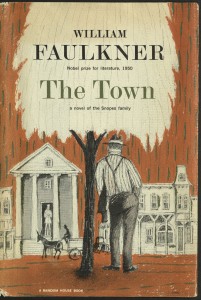
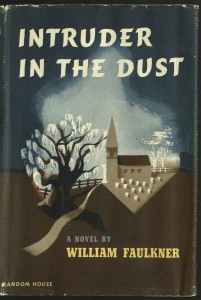
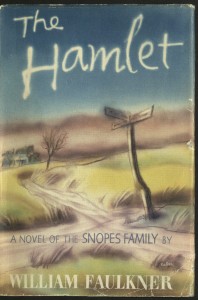
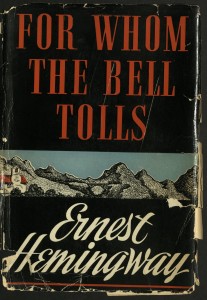
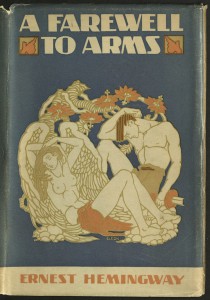
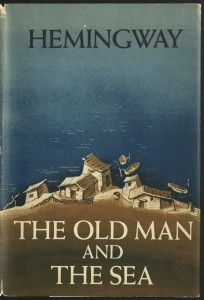
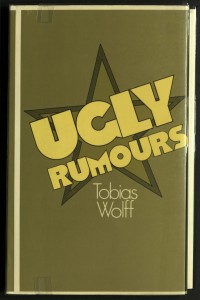
But what makes the experience all the more fulfilling is being able to introduce new, contemporary literature into the classroom, with works by Lydia Davis and Jonathan Safran Foer, demonstrating to the students the diverse ways we can use and play with language.
As my lesson plans evolved I realized that the students did not have the same exposure to literature as I was fortunate to have back home. With only three small bookstores, two libraries, and no access to online orders, contact with literature outside of Latin America is quite difficult.
In order to expand my students’ horizons I had to think creatively. Luckily, I still had an amazing team back home to help me out. The Rare Books Department at the J. Willard Marriott Library, University of Utah, was where I learned how to truly appreciate literature, and now I hope to share that with my students, and hopefully with the University of La Pampa as a whole.
In my most recent lecture, I decided to focus on my time as a Rare Books employee and remembered the presentations Luise Poulton gives on the ‘Materiality of the Book’. So I reached out and desperately asked Luise for help. I wanted to introduce the topic of Artists’ Books and explain why materiality could be as important to consider in the process of creative writing as characterization or setting. Using my own book arts project as an example and Luise’s notes from the Rare Books Classroom whiteboard, I was able to illustrate the magical thing that occurs when text becomes material. I was ecstatic to find the students wide-eyed with amazement, none of them having seen or even heard of such things before. Students excitedly came to me after class to discuss ideas, and even the professor encouraged them to develop their own creative interpretations for the short story assignment ahead.
Working in Rare Books taught me that there is not just one way to tell a story; that creativity does not have to be stifled by what we learn in tedious textbooks. I was able to share what I have learned and bring it all the way to Argentina, changing the perspectives of fifteen students and one professor. While it seems like a small number now, I know that the experience I have passed down will continue to flow, from student to student, year to year, until the Universidad Nacional de La Pampa has a Rare Books department of its own.”

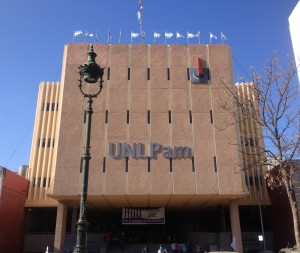
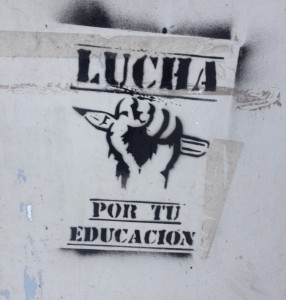
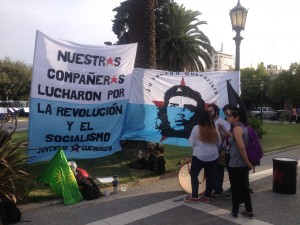
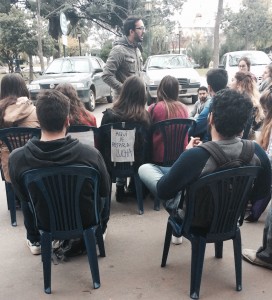
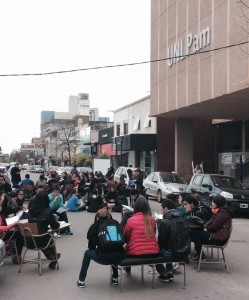
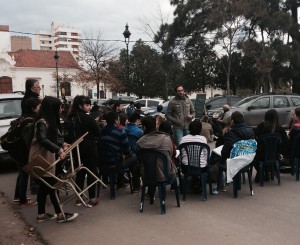
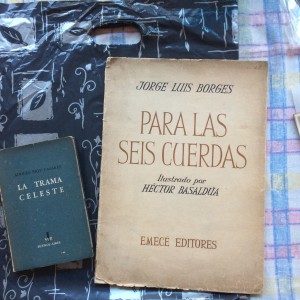
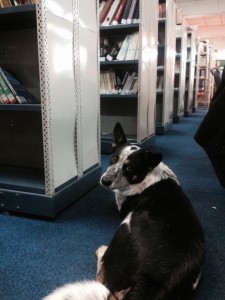
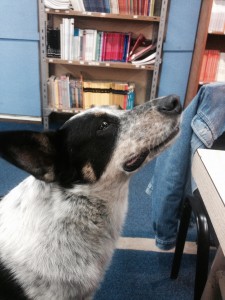
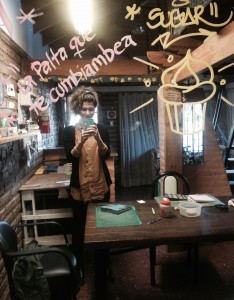
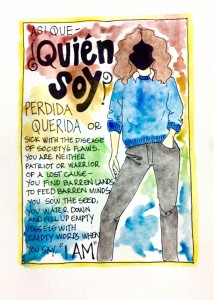
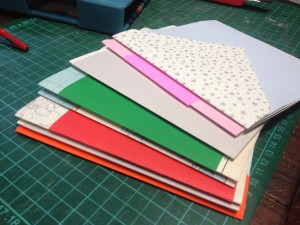
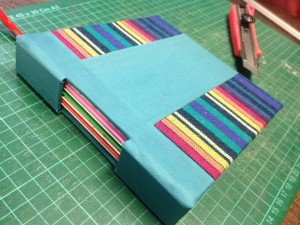
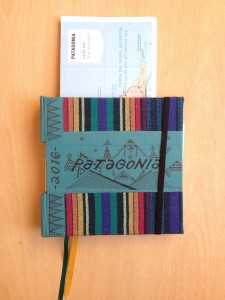
You must be logged in to post a comment.